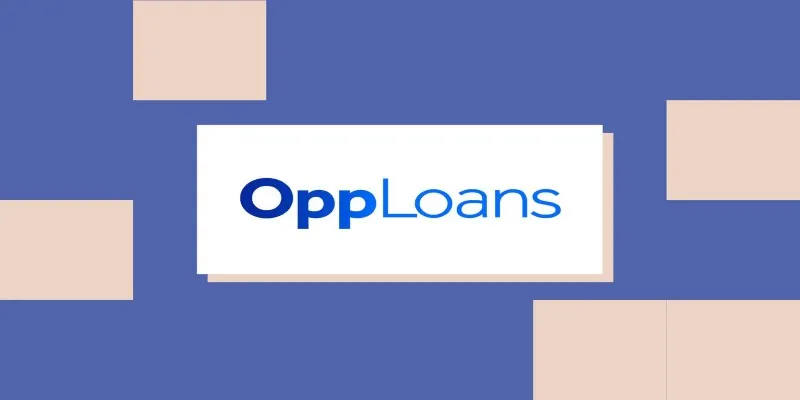Understanding Loan Origination Fees: What They Are and How They Affect Loans
Loan origination fees are charges that borrowers often encounter during the loan application process. These fees are levied by lenders to cover the expenses incurred during the evaluation of the loan application, documentation review, and preparation of loan documents. Typically, origination fees are expressed as a percentage of the total loan amount and can either be deducted from the loan amount or paid upfront by the borrower. It’s crucial for borrowers to understand these fees, as they form part of the total cost of the loan and should be included in the overall borrowing expenses.

What Is a Loan Origination Fee?
Definition and Purpose of Origination Fees
A loan origination fee is a charge imposed by lenders to cover the costs associated with processing a loan application. This fee helps offset various expenses such as credit checks, income and asset verification, and documentation. Lenders charge this fee to ensure they can meet their operational costs while providing loans to customers. Typically, the origination fee is a percentage of the total loan amount, ranging from 0.5% to 1%, though this can vary depending on the lender and the type of loan. Borrowers should understand that this cost is not just a rate but a charge they must pay, either upfront or incorporated into the loan.
Common Types of Loans with Origination Fees
For mortgages, origination fees are part of closing costs and represent a significant portion of the fees required to finalize the loan. Personal loans, especially from online lenders, often include origination charges that vary based on the borrower’s credit score or the lender’s standard fee. Auto loans and student loans may also have origination fees, which can vary depending on the lender and the type of loan. Knowing which loans typically include origination fees helps borrowers make informed comparisons between various loan options.
How Origination Fees Are Calculated
Calculating origination fees is straightforward, as they are usually expressed as a percentage of the loan amount. For example, a 1% origination fee on a $200,000 mortgage means the borrower pays $2,000 as the origination fee. This fee may be due at loan closing or deducted from the loan amount, depending on lender policies. The origination fee percentage can vary based on the borrower’s credit score, loan type, and lender policies. Understanding how these fees are calculated is essential for borrowers to determine the overall loan cost.
Average Costs of Loan Origination Fees
Loan origination fees typically range from 0.5% to 1% of the total loan amount, though this can vary based on the loan type and lender. Borrowers should compare origination fees from different lenders to minimize borrowing costs, as even small percentage differences can be significant. Understanding average costs helps borrowers plan their finances more effectively.
How Origination Fees Affect Loan Costs
Impact on Overall Loan Costs
Origination fees increase the total loan cost because they are additional charges on top of the principal and interest. For example, a 1% origination fee on a $200,000 loan adds $2,000 to the total loan cost. This fee either reduces the loan amount received or adds to the balance owed. Understanding this impact is vital for borrowers as it affects both the initial loan cost and future liabilities.

Comparing Loans with and Without Origination Fees
When choosing between loan products, it’s important to consider whether the loan includes an origination fee. Loans without origination fees may seem attractive due to the absence of an upfront cost. However, loans with origination fees often have lower interest rates, meaning that the overall interest paid over time may be less despite the initial fee. Borrowers should evaluate the total loan charges, including interest, to determine which option is more cost-effective in the long run.
Conclusion
Loan origination fees are integral to the creation of loans and significantly influence the total loan costs. By comparing loans with and without origination fees and potentially negotiating with lenders, borrowers can make more informed decisions that best suit their financial needs. Although origination fees can increase overall costs, they may also improve loan conditions, making it essential to weigh the pros and cons of each loan type.











